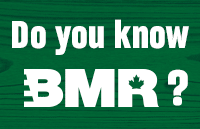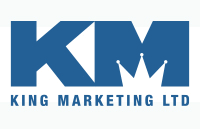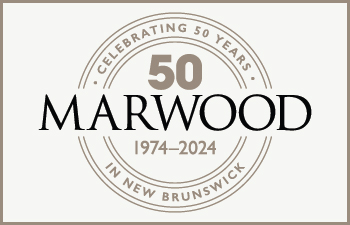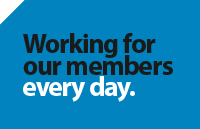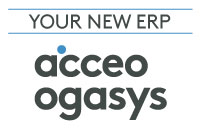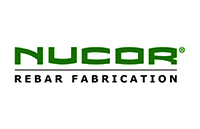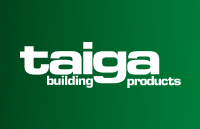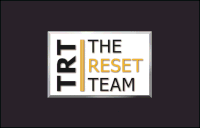
After wading through a mountain of resumés, the next step in choosing your next hire comes down to the face-to-face meetings. We checked in with recruitment expert Wolf Gugler, president of Wolf Gugler Executive Search, for some tips on how best to manage that process.
Gugler says that first meeting is likely to be a Zoom call—and that’s okay for the first round. But even remotely, you can learn a lot about a person from that meeting, he says, and not just through their conversation. Body language and how they hold themselves are all factors that can be assessed in that inaugural online meeting.
When it comes time to make an offer, Gugler’s advice is straightforward: keep it simple. He cites the case of one candidate for a middle-management position who received a 17-page offer. “We’re taking about someone who’s probably making something in the $60,000 to $80,000 range,” says Gugler. “They’d probably have to get a lawyer to go through that.” Such an offer is simply a waste of time and will only slow down the hiring process even more. He recommends keeping the offer to no more than two pages and, if necessary, include your company’s benefits booklet. “Just try to simplify.”
One no-no that Gugler warns his clients against is asking for references up front. That, he says, is just not cool and can even be insulting to the candidate. So it’s better to wait until you are near the end of your negotiations. “I don’t often get a company that says they want references right up front. That’s almost insulting to a candidate when you ask for that information and, of course, if they’re gainfully employed, maybe it could represent a breach of confidence.”
He recommends leaving reference checks for much later in the process, when you’re about to make your final decisions.
(Next month: Wolf Gugler on how to make the most of the process of checking references.)











